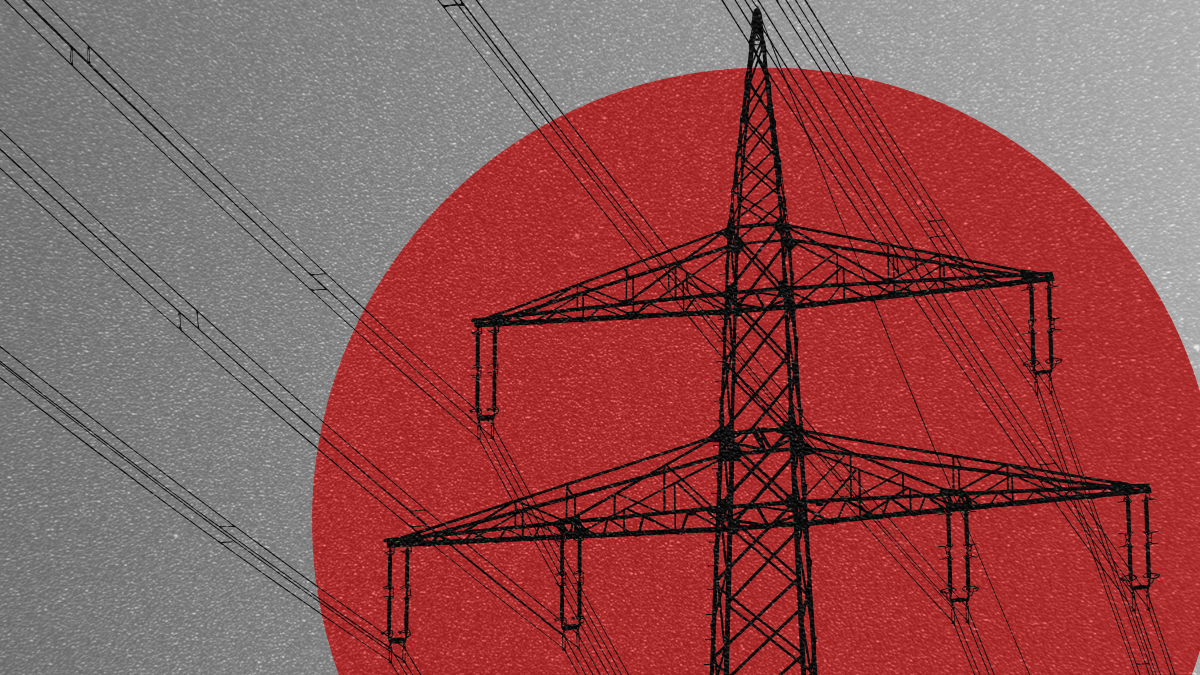Source: ABC 11
During the same week in January, when all Durham residents were experiencing extremely cold temperatures that dipped into the 20s. There were thousands of Duke Energy customers in East and Southeast Durham who had no power and heat for a day and a half.
Interestingly enough, this happened two days after Duke Energy Carolinas implemented increased rates in North Carolina.
So what happened? What caused the outage?
Duke Energy told
that maintenance was scheduled months in advance on this substation, which is typical to do in the winter.
While doing maintenance on the substation, workers accidentally damaged the equipment, which caused the outage.
According to Duke Energy, this power outage was supposed to be fixed in a few hours. Unfortunately, that did not happen. At its peak, more than 11, 700 people were without power and heat for 35 hours.
Sadly, most of those impacted were Black and Latino households.
Once power was restored, many questioned why mainly Black and Latino households were affected by this outage.
In a public apology, Jeff Brooks with Duke Energy told ABC 11, “that’s something we’re really sorry about, but there was absolutely no connection between the work that happened that caused the outage and the communities it was serving.”
In order to right their wrong, Duke Energy has delivered breakfast to some people living in Durham public housing communities, provided a grant to the Red Cross to cover meals for those impacted, and gave a grant to Durham Tech to replace the food loss in their pantry.
Also, Duke Energy is urging those who were impacted to submit a liability claim. In this article, you will find step-by-step directions on how to complete the form.
Longtime Durham resident Frederick Mitchell, told ABC 11 that he “threw some things out and it was probably a couple hundred dollars at the most”. Yet, he is not worried about the money. Mitchell said he wanted more.
“I want a credit on my bill,” Mitchell said.
–
So, how can Duke Energy be held accountable?
Once impacted customers submit their liability form to Duke Energy, they should also file a complaint with the Public Staff of the state Utilities Commission. This commission is an independent state agency that represents consumers and the public in matters before the North Carolina Utilities Commission.
This article shares multiple ways for impacted customers to file a complaint to the Public Staff commission.
What does the North Carolina Utilities Commission do?
The North Carolina Utilities Commission is authorized to financially penalize Duke Energy, however, cannot give money for damages to residents and business owners who were impacted by power outages.
How else can we hold Duke Energy accountable?
For those impacted by this terrible incident and those who want to fight on the behalf of those impacted, you can reach out to your legislator in the General Assembly.
Since the North Carolina Utilities Commission was created by the North Carolina General Assembly, our elected officials can hold Duke Energy accountable.
–
So if you know someone who was impacted by the power outage on Wednesday, January 17th in Durham, make sure they file a claim with Duke Energy and file a complaint with the Public Staff of the State Utilities.





